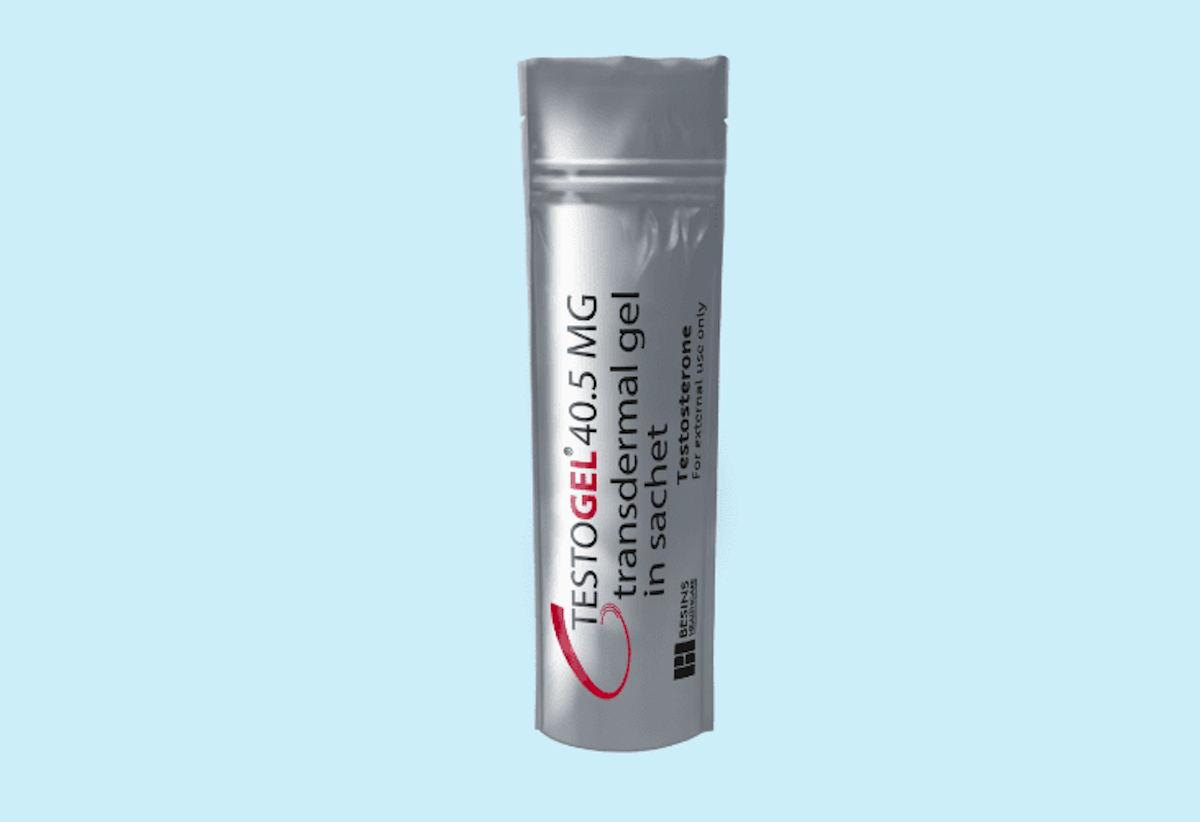SEXUAL PROBLEMS & SEXUAL PLEASURE
Common male sexual difficulties include:
Erection problems & unreliable erections (sometimes known as erectile dysfunction)
Low or loss of sexual desire
Anorgasmia - difficulties with having orgasm
Rapid and delayed ejaculation
Painful sex - sometimes known as anodyspareunia. When anal sex is painful
Common female sexual difficulties include:
Loss of sexual desire
Painful sex (also known as dyspareunia)
Vaginismus - difficulties with vaginal penetration. The pelvic muscles tighten when you try to insert something. Sometimes also known as genito-pelvic pain & penetration disorder
Anorgasmia - difficulty having orgasms
As an integrated, sex positive clinical sexologist, I look at the whole picture, exploring:
Medical & hormonal
Psychological
Sexual & erotic
Relationships
Your wider life & your life history
Expectations and social norms around sex
Treatment can include:
A non-judgemental, accepting, sex positive space. Just having supportive space to explore the difficulties you’ve been having can be hugely beneficial.
Use of medications such as PDE5 inhibitors - tadalafil, sildenafil
Use of hormones - testosterone replacement (TRT), HRT, MHT
Use of injections - caverject or invicorp
Use of locally applied treatment - hormone gels, urethral cream, sprays.
Shockwave treatment
Sex & Relationship Therapy
Who do I see?
I’m experienced in both men and women’s health as well as LGBTQ+ health.
I’m trained in and aware of all possible diversities of gender, sexuality and relationships. So whoever you are, whoever you love, whatever kind of relationship (or not) you have, and whatever you are facing I will be comfortable helping you.
However, unfortunately I’m not a gender specialist and therefore I’m not qualified to assess for gender incongruence, gender dysphoria or initiate or change medical gender affirming care.








